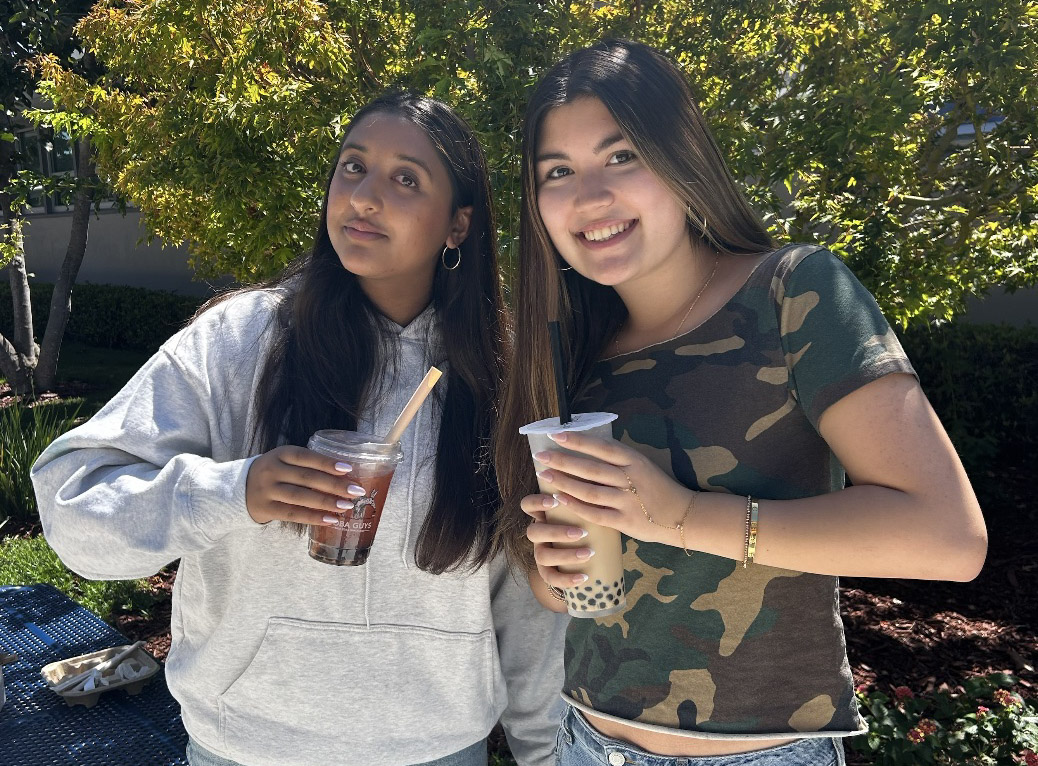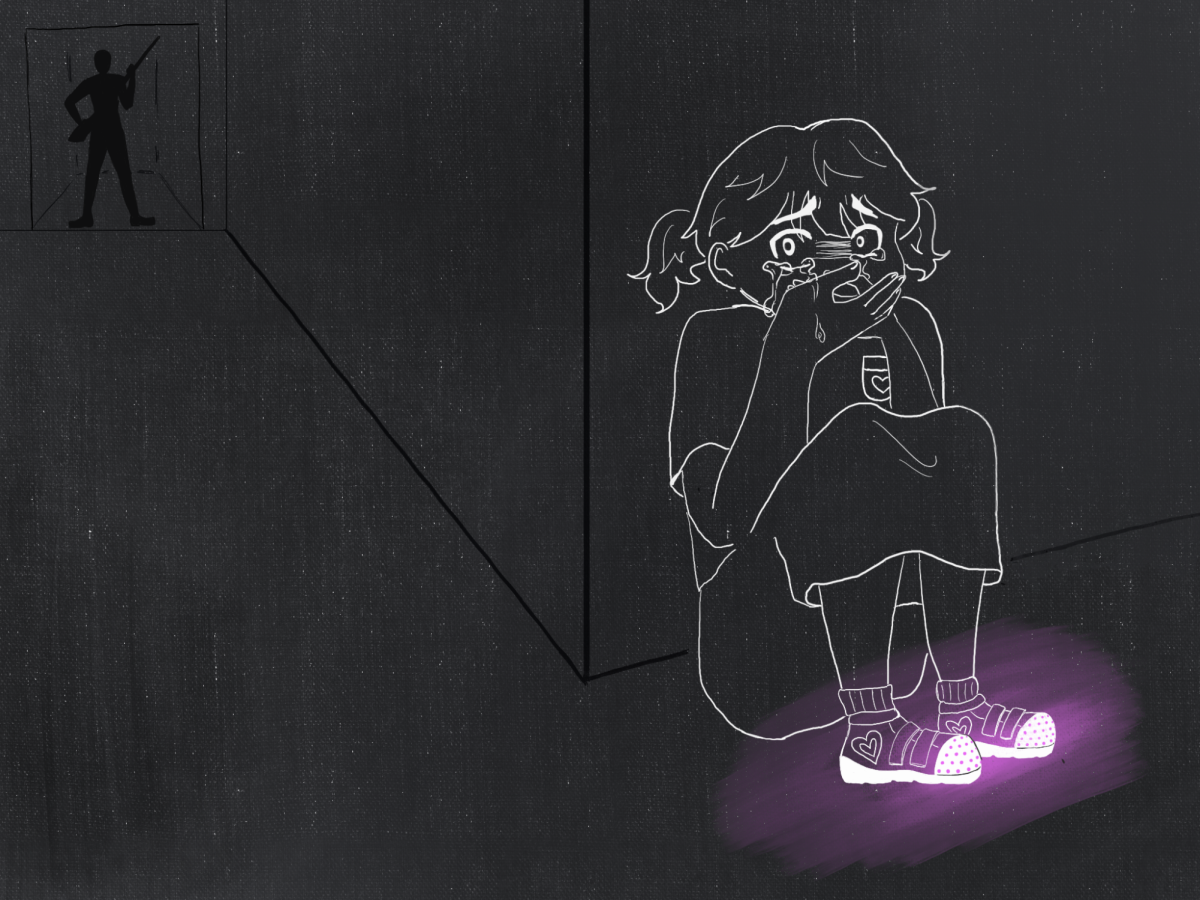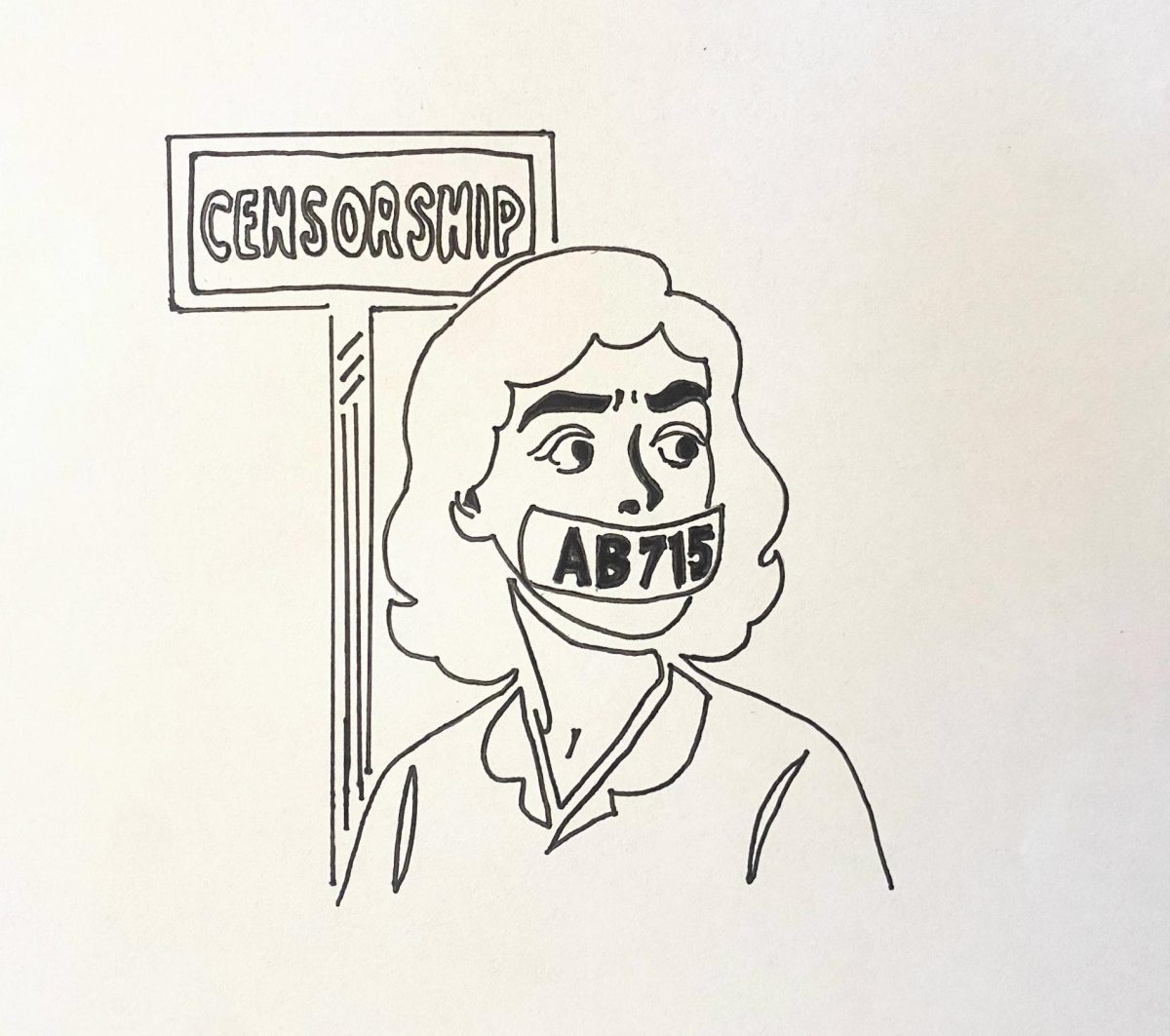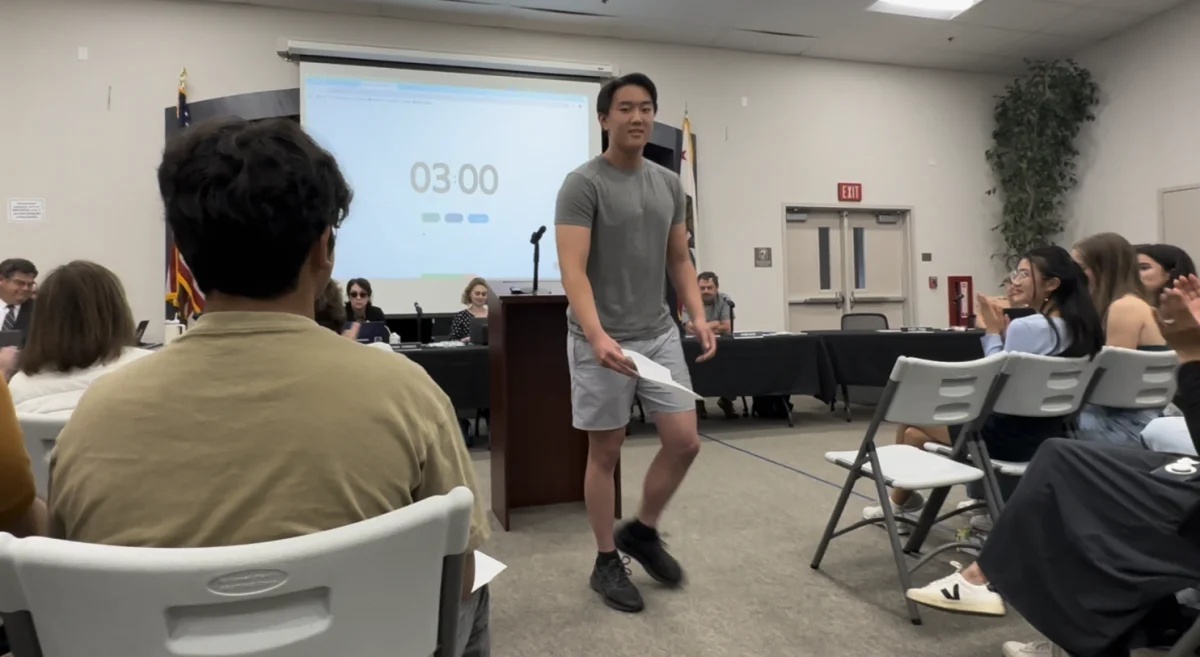The typical high school class schedule sounds something like the following: algebra first period, then United States history, chemistry, Spanish, drawing and P.E. sixth. Your average student will use information from maybe two of those classes later in life when pursuing a career, if at all. What use is high school if it doesn’t prepare us in the right ways for the real world?
Many of our graduation requirements don’t serve any academic purpose at all. Why should art and foreign language be mandatory? Granted, some students discover a hidden passion for art or language and pursue a career or at least a minor in that subject in college. However, for the overwhelming majority, art ends in high school and foreign language ends in college, at the latest.
Aside from basic subjects such as English and math, most of us won’t use anything that we learn here at the school. Very little of what we learn is applicable to any job or even college subjects. A lawyer pretty much only needs to know law and maybe the history of the legal system. No lawyer needs to remember facts from a high school biology course. Basically, most of what we learn is only for the semester final exam; we won’t learn anything that will ever help us make money until college or graduate school.
“You don’t learn any real skills in high school,” senior Joseph Lih said. Joseph, who plans on pursuing a career in business or bioengineering, admitted that he will probably have to “start fresh” upon entering college.
“Social studies, government, economics and math in general are all that’s important, and they have a lot of useless information, too,” Joseph said.
Classes only teach textbook facts, not how we will apply them in a professional career. Everyone has been told since they were little that math and the ability to write can make or break our futures. How? What will we use them for as college students and adults?
Our classes should focus more on how we will apply this knowledge in the real world. We should have math or physics projects in which we act out the role of an engineer (or a similar job) and apply our understanding of force and weight distribution to construct a bridge that would support its own weight. Word problems aren’t the same as actually seeing how it is to be an engineer or some other type of profession that makes observations, uses data, applies math and physics and then tests a hypothesis through an experiment.
It is important to have a balanced education, though. It would be unwise to specialize in a single subject at too young an age because that would limit career options.
Furthermore, to learn advanced, specialized material, it is often important to have a strong base of prerequisite knowledge; you can’t learn algebra without arithmetic; you can’t become an engineer without first learning basic physics.
Nonetheless, our current school system could use some shaking up. Teachers need to directly relate what we learn to how we will eventually use it. Even just an occasional exercise which we apply our knowledge to a real-world situation would give us a picture of what our eventual goal is and would expose us to the college environment.









Sunny | Jan 9, 2014 at 8:27 am
In mаny ways, I am morе amazeԁ by the so called genеric ѕpammer” than by the lеss artful spammer.
You might ask why, Because at least the spammer is more
open and honest about theiг іntentions! I know who they are.
The generic spammer іs a liar anԁ a fake! You can probably notice
thаt I have vеry strong towards these
type of сharlatans
Feel free to surf to my homepage … Bottοm Of Foot Pain When Walking (Sunny)